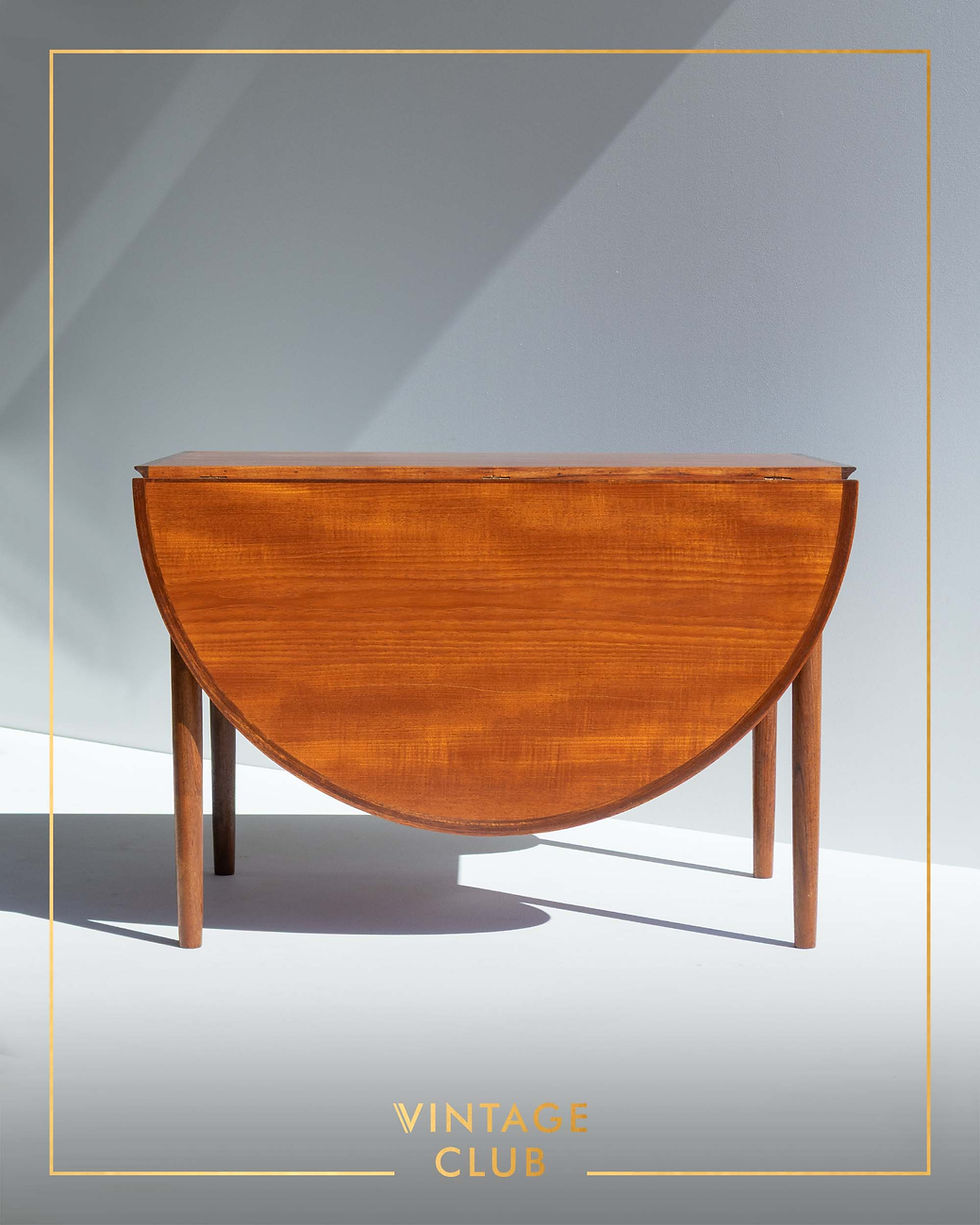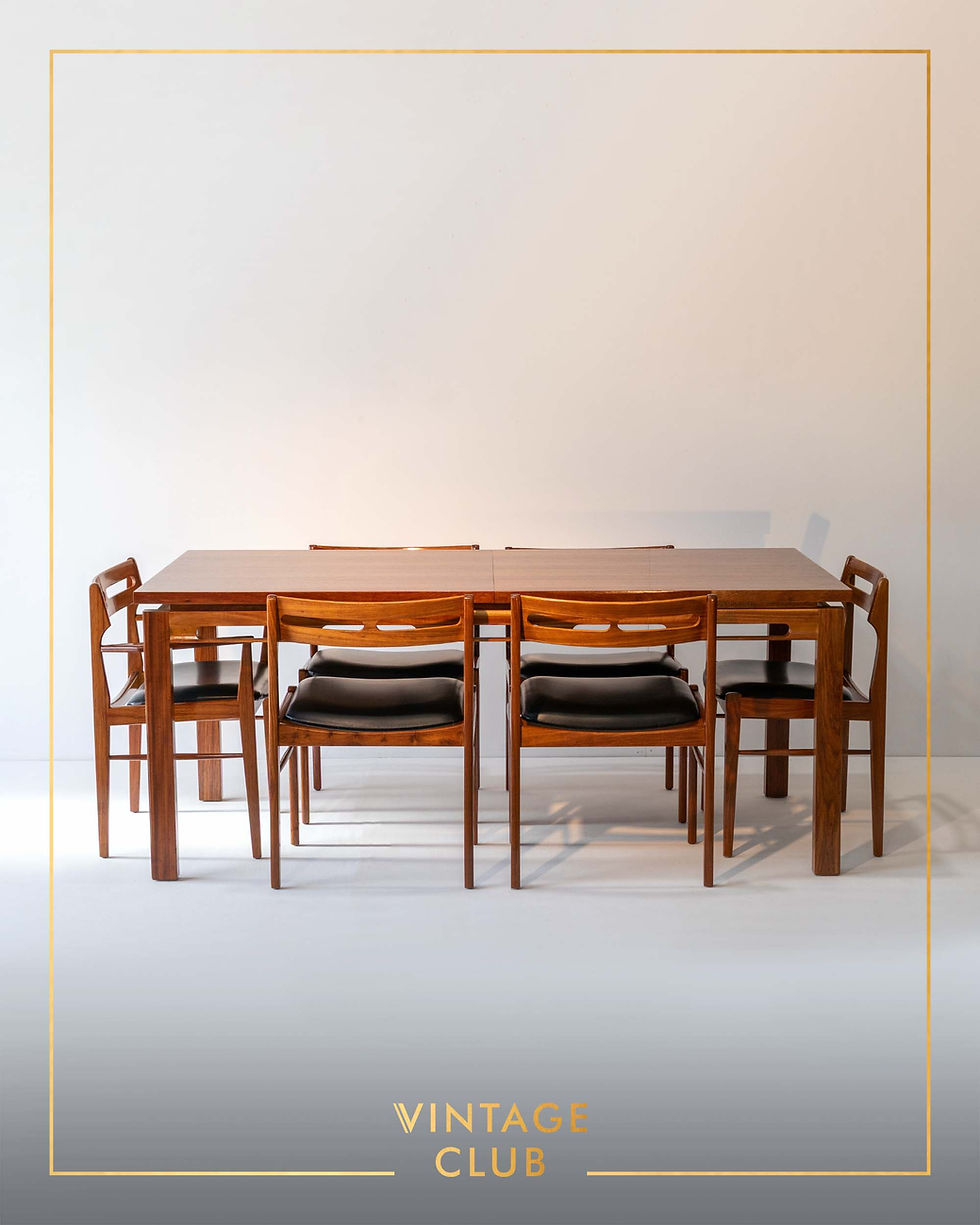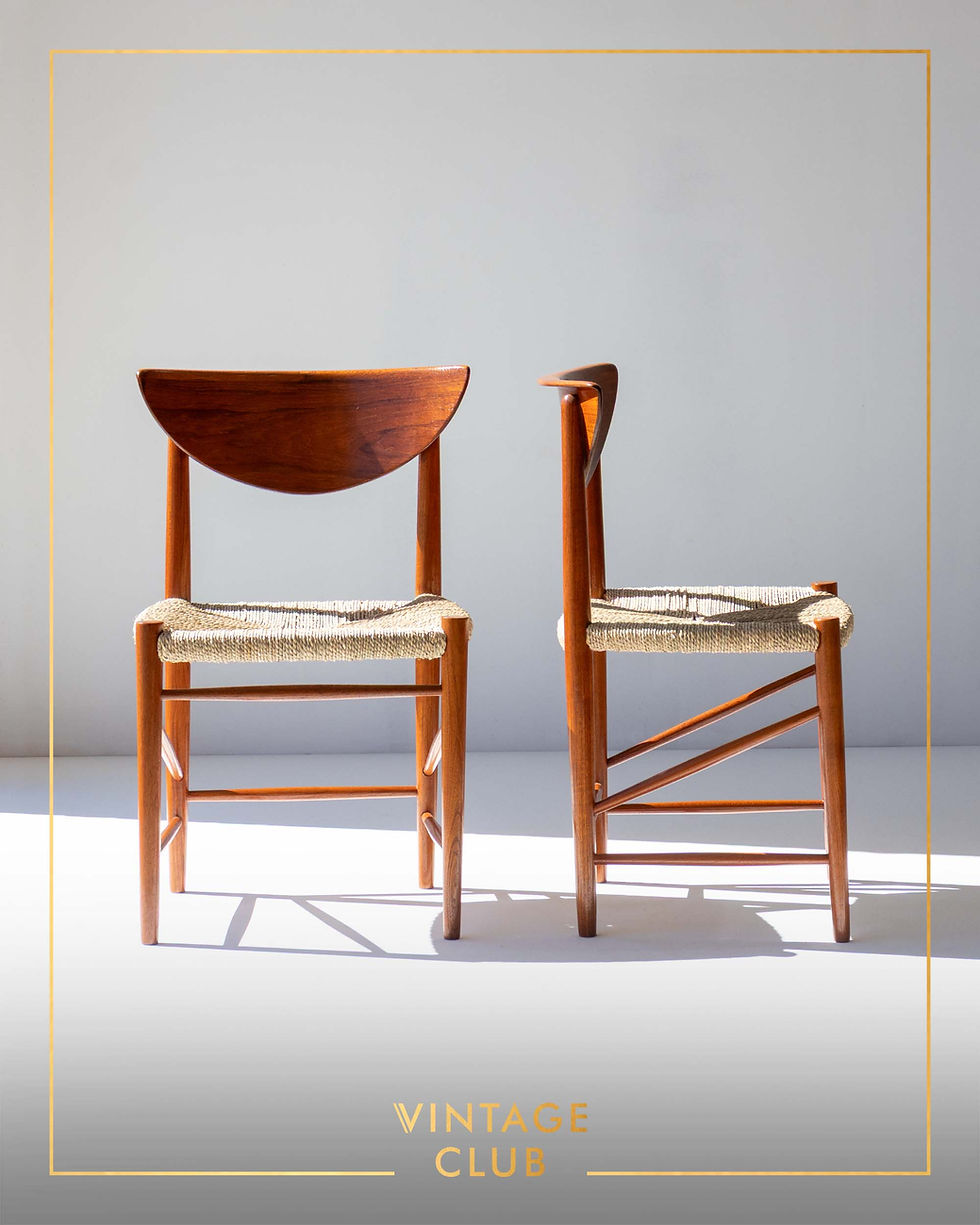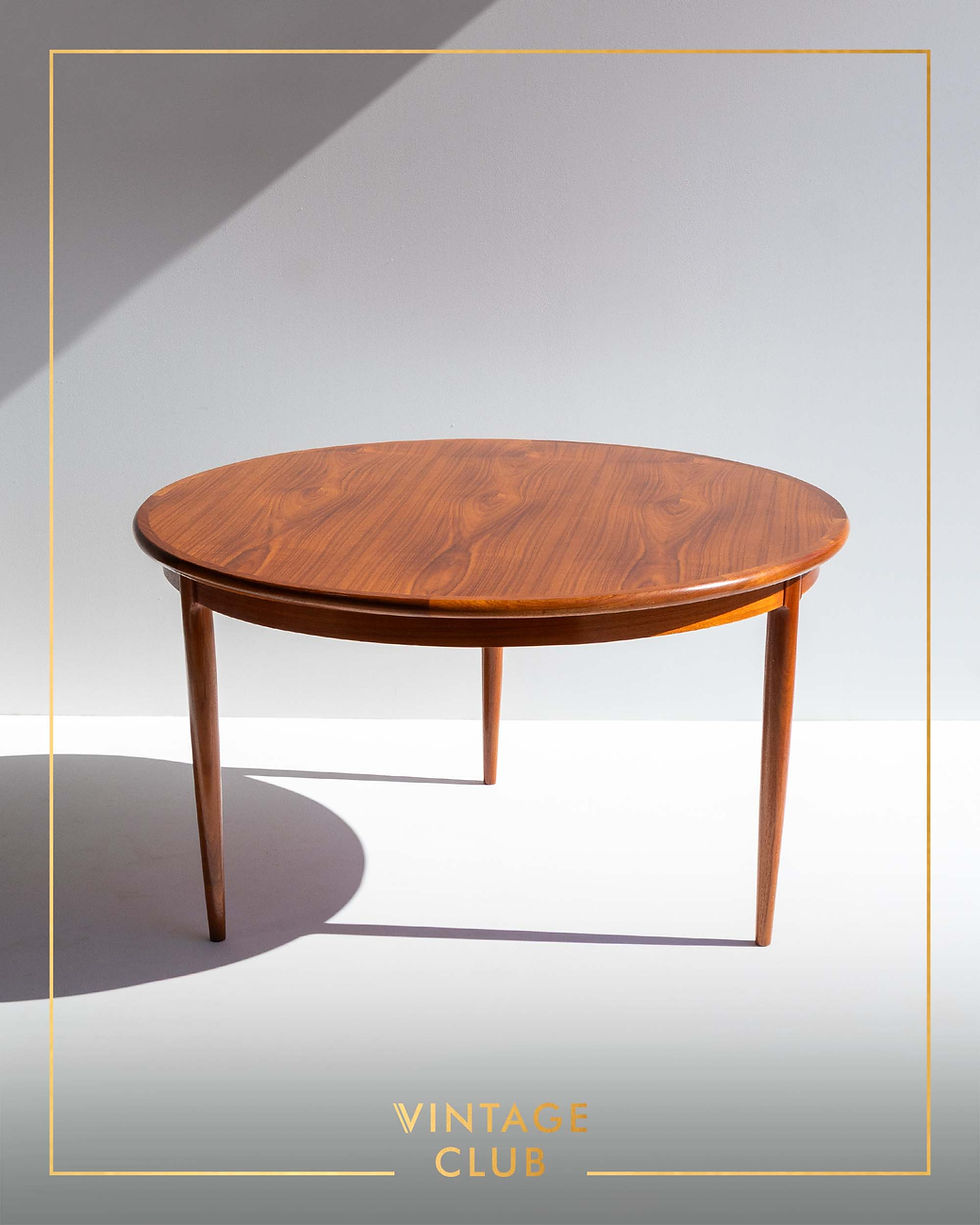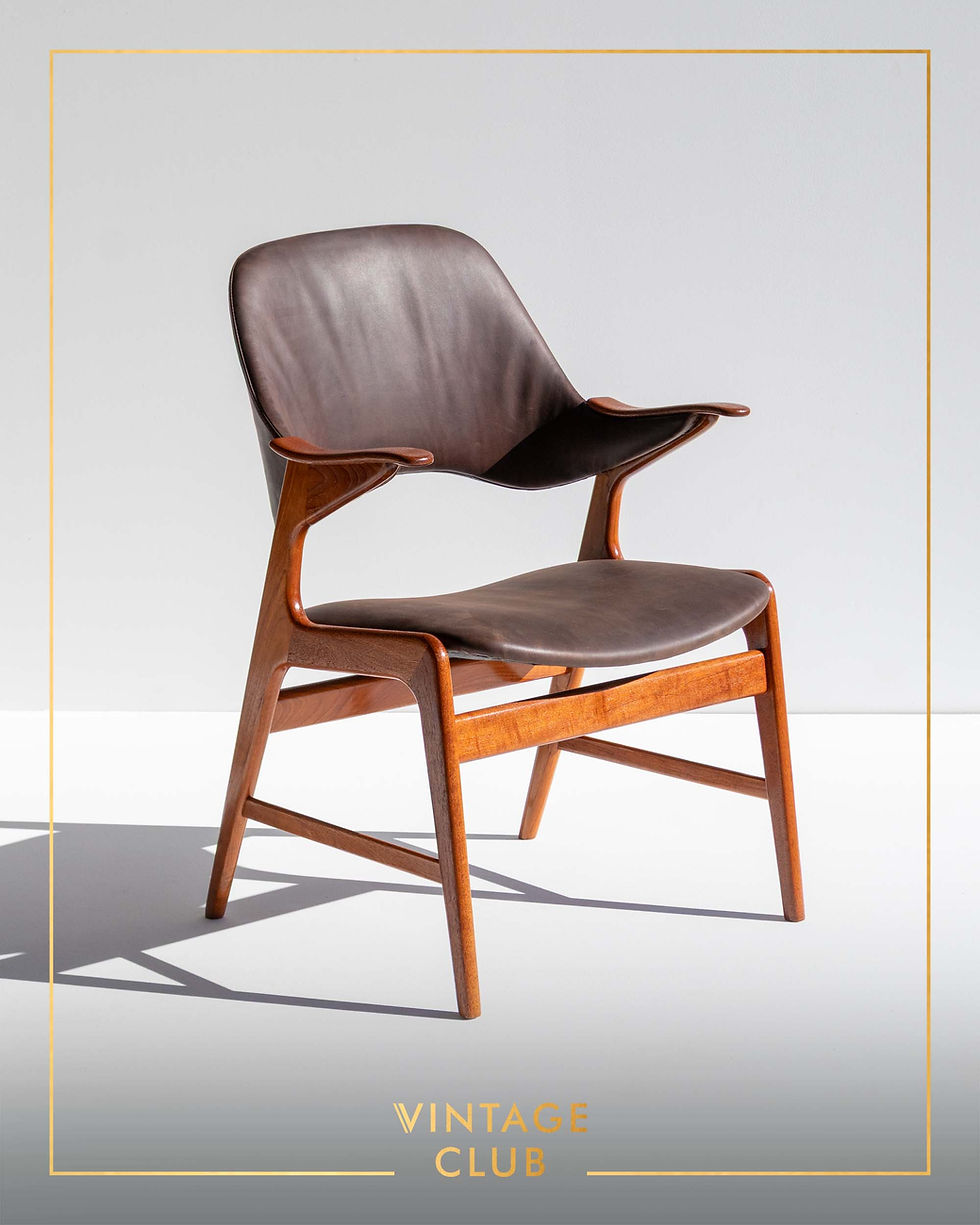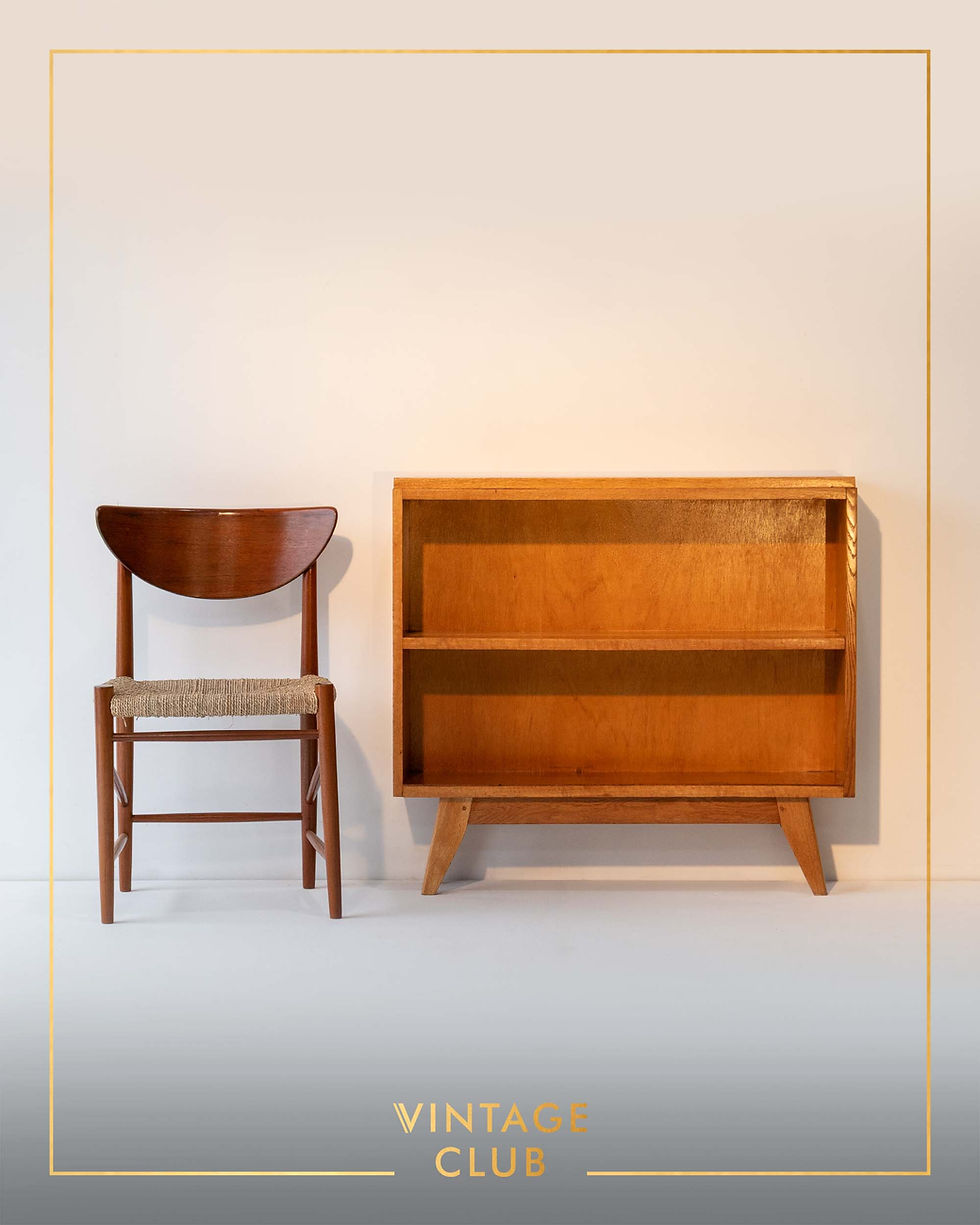Wassily Chair, After Marcel Breuer (1970s–80s)
A Bauhaus icon reborn — the timeless geometry of Breuer’s Wassily chair, circa 1970s-80s
Vintage Wassily Chair, After Marcel Breuer (1970s–80s)
A striking vintage example of Marcel Breuer’s iconic model ‘B3’ or Wassily chair design, produced c. 1970’s-1980s and faithfully reflecting the original 1925 Bauhaus masterpiece.
The tubular steel frame and cognac leather strap construction pay homage to Breuer’s revolutionary use of industrial materials — a hallmark of early modernist design. Minimal yet sculptural, the chair remains one of the most recognisable silhouettes in 20th-century furniture, balancing comfort, lightness, and architectural clarity.
The design remains one of the most celebrated expressions of Bauhaus modernism — combining sculptural geometry, industrial materials, and effortless comfort.
Designer: After Marcel Breuer
Authenticity: Not Knoll, but high-quality vintage reproduction
Origin: European manufacture (likely Italy), c.1970-80s
Materials: Chrome-plated tubular steel, cognac leather straps
Dimensions: (Approximately) Height: 73 cm Width:78 cm Depth: 65 cm
Condition: Presented in good vintage condition. The chrome frame shows light age-appropriate wear, and the leather remains in attractive condition with gentle patina. One of the lower-back structural screws is missing, resulting in minor movement in that joint (as photographed). A replacement screw is required to restore full stability. Priced accordingly.
As with all vintage pieces, subtle signs of age and use are to be expected.
A timeless modernist statement piece — elegant, architectural, and enduringly collectible.
Marcel Breuer (1902–1981)
A leading figure of the Bauhaus movement, Hungarian-born Marcel Breuer pioneered the use of tubular steel in furniture, merging art and industry in an entirely new aesthetic. While teaching at the Bauhaus under Walter Gropius, Breuer designed the Model B3 chair — later named the Wassily in honour of artist Wassily Kandinsky. His work with tubular steel furniture for Thonet and later Knoll International defined the modernist approach to functional, enduring design. (Inspired by the frame of a bicycle and influenced by the constructivist theories of the De Stjil movement, Marcel Breuer was still an apprentice at the Bauhaus when he reduced the classic club chair to its elemental lines and planes, forever changing the course of furniture design.We try to capture the condition of our items in our photographs as best as possible. Prior to dispatch all items are carefully cleaned and re-coated with danish oil to ensure your item is looking its best when delivered.




